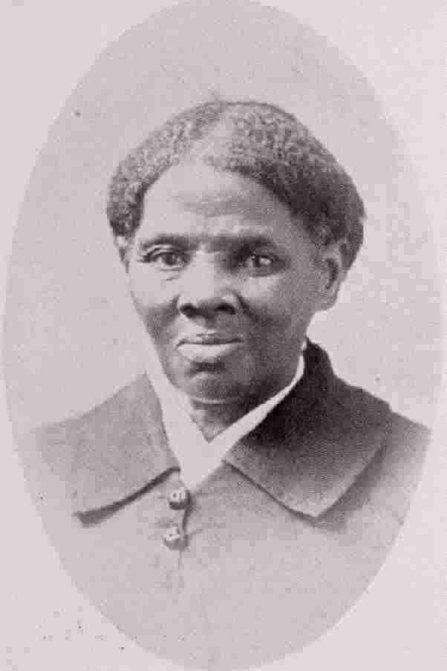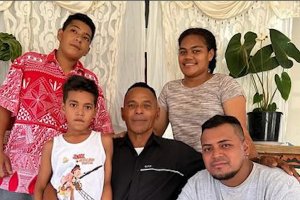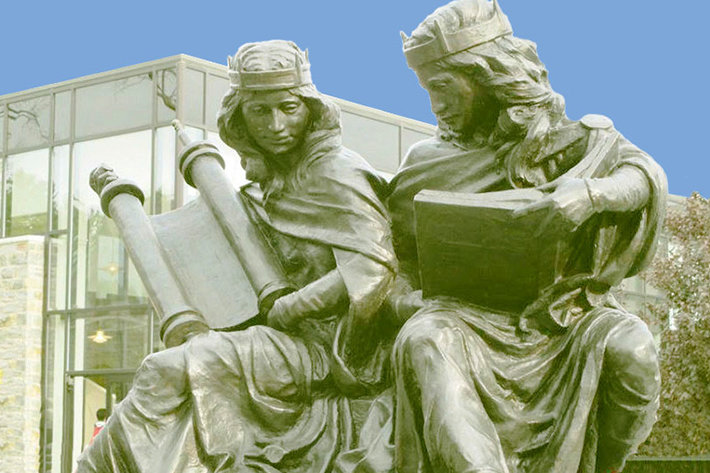In celebration of National Black History Month, we honor the life and legacy of Harriet Tubman, a woman of deep and abiding faith.

Tubman was born into slavery in Maryland around 1820. Escaping to freedom by crossing into the free state of Pennsylvania, Tubman later described the experience: “When I found I had crossed that line, I looked at my hands to see if I was the same person. There was such a glory over everything; the sun came like gold through the trees, and over the fields, and I felt like I was in Heaven.”
She then risked her life to emancipate numerous other slaves via the Underground Railroad. From 1850 to 1860, she made 19 Railroad trips back to Maryland, helping free some 70 slaves, including her parents and several siblings. She became known as “Moses” for leading people to “the promised land” of freedom.
When the Civil War began in 1861, the U.S. Army benefited from her years of experience and skill by using Tubman as a scout and spy. She was issued a pass giving her “passage at all times, on all government transports” and that she was operating “as a servant of the government.”
In his book Stealing Secrets, historian H. Donald Winkler wrote: "Harriet and her nine-man spy team evolved into a kind of special-forces operation for the Black regiments. Her team sneaked up and down rivers and into swamps and marshes to determine enemy positions, movements, and fortifications on the shoreline beyond the Union pickets.”
In 1863, Major General David Hunter appointed Tubman to head a dangerous armed military mission up the Combahee River. She led 150 Black Union soldiers, who were part of the U.S. 2nd South Carolina Volunteers. They routed Confederate outposts, destroyed stockpiles of cotton, food and weapons, and freed 700 slaves.
Kate Clifford Larson, a contemporary historian and Tubman biographer, believed Tubman’s faith and her belief in God made her fearless. Tubman drew from a variety of Christian denominations, including African Methodist Episcopal, Baptist and Catholic. And like many enslaved people, her belief system fused Christian and African beliefs.
She believed there was no separation between the physical and spiritual worlds—that she moved between physical existence and spiritual experience.
She is quoted as saying, “Lord, I'm going to hold steady on to You and You’ve got to see me through.” And He did so time after time.
______________
From its beginnings, the Church of Scientology has recognized that freedom of religion is a fundamental human right. In a world where conflicts are often traceable to intolerance of others’ religious beliefs and practices, the Church has, for more than 50 years, made the preservation of religious liberty an overriding concern.
The Church of Scientology publishes this blog to help create a better understanding of the freedom of religion and belief and provide news on religious freedom and issues affecting this freedom around the world.
The Founder of the Scientology religion is L. Ron Hubbard and Mr. David Miscavige is the religion’s ecclesiastical leader.


